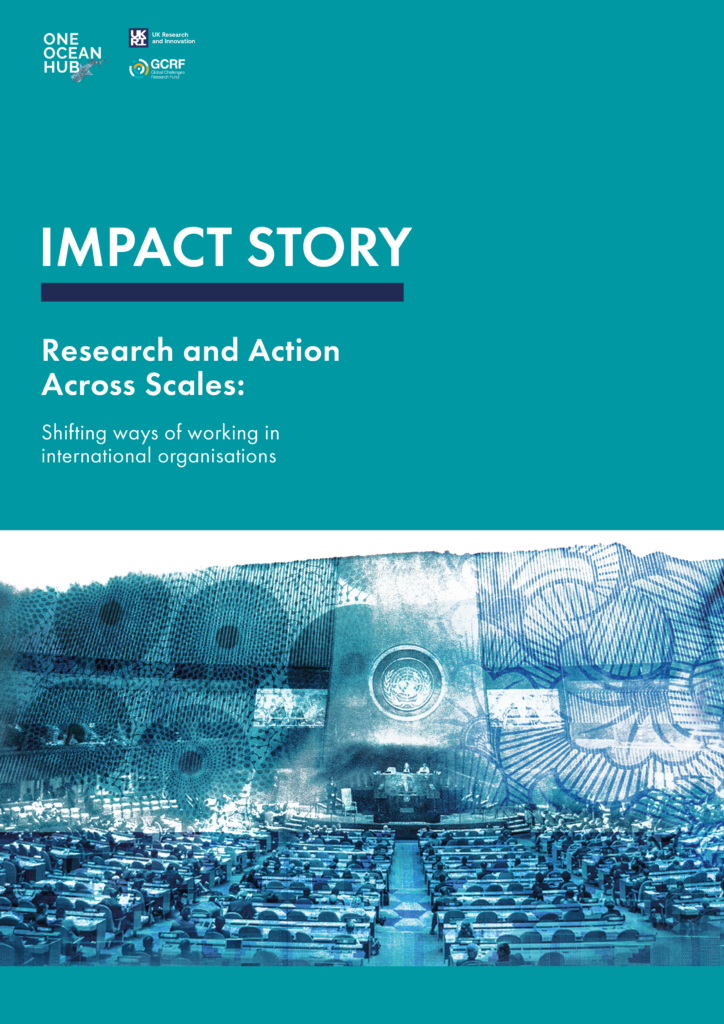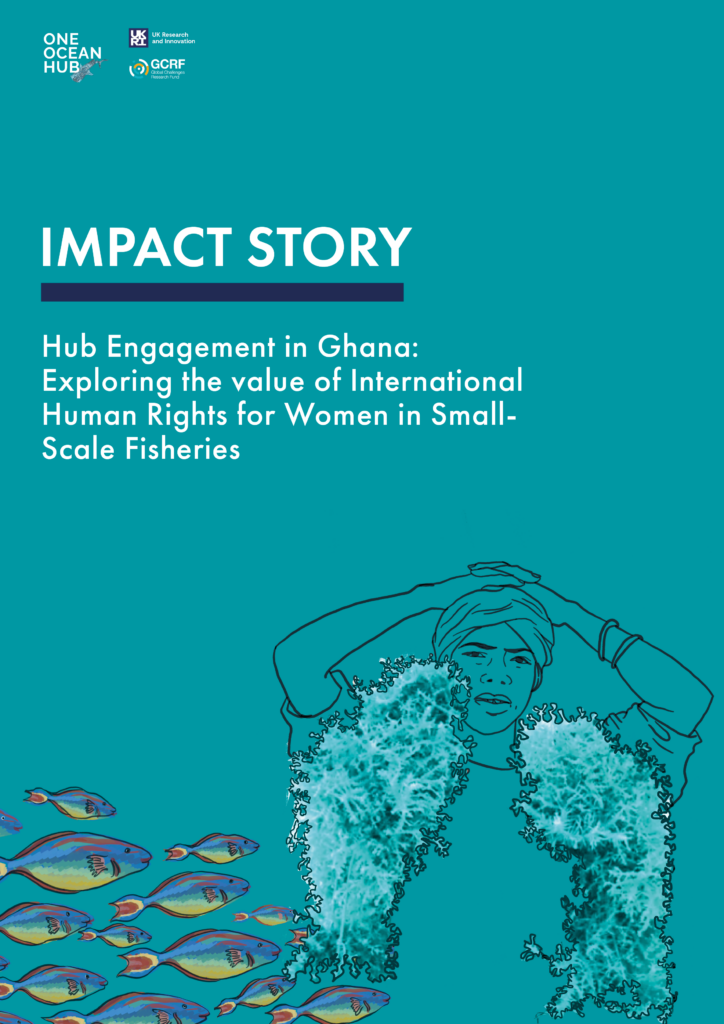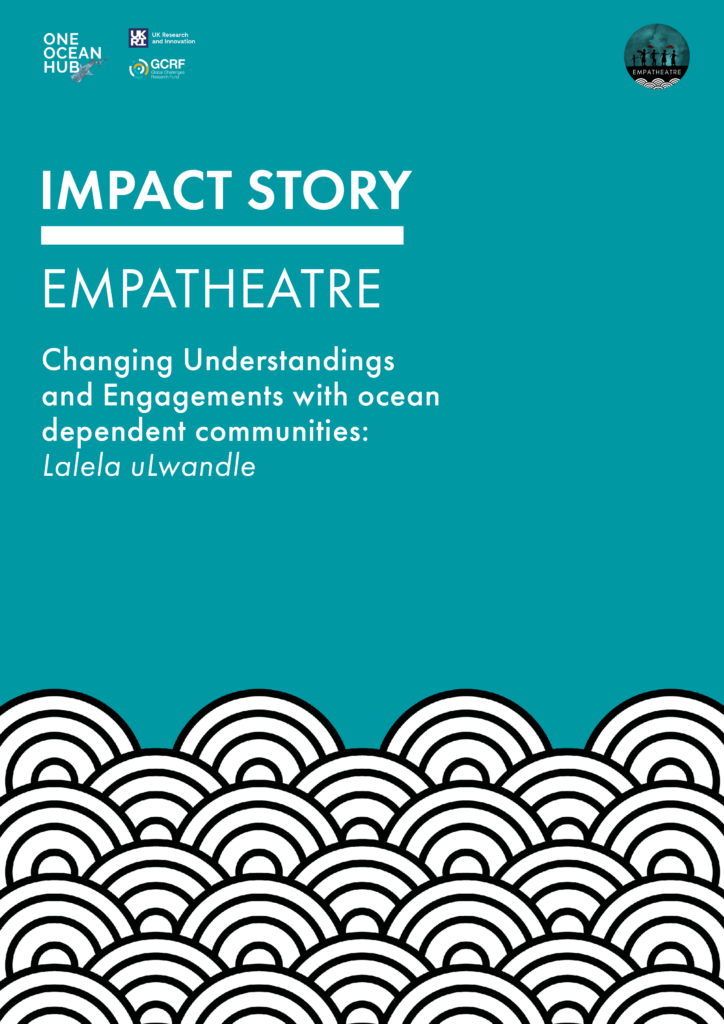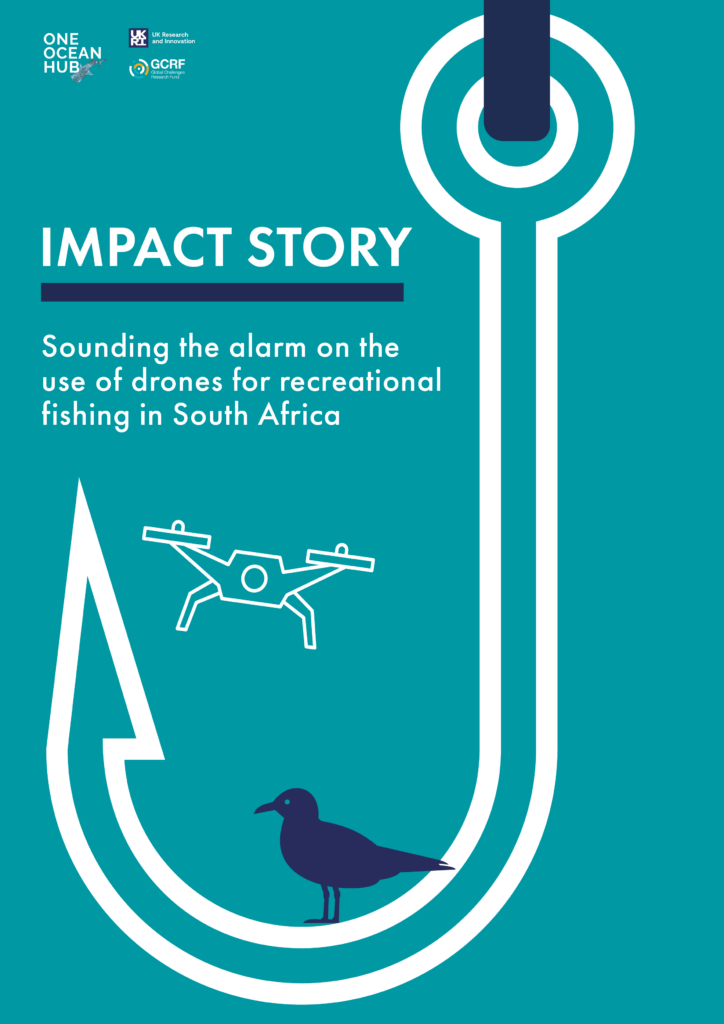Sounding the alarm on the use of drones for recreational fishing in South Africa

(READ THE IMPACT STORY HERE)
impact story Overview
“DRONE FISHING” is a relatively recent innovation in which recreational anglers use personal drones to fly baited lines into otherwise inaccessible areas of water or perform reconnaissance for optimal fishing areas. As this form of fishing becomes popular, it threatens to intensify conflict between fisher groups and negatively impact species of targeted fish as well as other animals that inhabit near-shore coastal zones.

In South Africa, drone fishing takes place in the context of unique marine ecosystems, a dualist economy of extreme wealth and widespread poverty, and loose government oversight.

making waves
We became aware of the practice of drone fishing in South Africa in part thanks to recreational fishers who approached us with their concerns.

ALEXANDER WINKLER, ICHTHYOLOGY AND FISHERIES SCIENCE DEPARTMENT, RHODES UNIVERSITY, SOUTH AFRICA


transdisciplinary research

In South Africa, Hub researchers at Rhodes University and colleagues from the University of Cape Town and the Oceanographic Research Institute conducted transdisciplinary research to shine a light on this practice and its potential impacts. Our resulting article in Ambio journal is notable on multiple fronts:
- Faced with a lack of monitoring data on this emerging practice, we used innovative methodologies, surveying social media platforms and using Google Trends to estimate the growing interest, global extent, and catch composition of drone fishing. Using these methods, we noted predominant global interest in New Zealand, South Africa, and Australia and identified the concerning use of drones to catch sharks in South Africa. This work highlights the value of alternative data sources for fisheries researchers, particularly when there are no monitoring or data collection programs in place.
- Our transdisciplinary approach considers issues of ecology, governance, and socioeconomics. It demonstrates the utility of broad socio-ecological analysis to shed light on unfolding practices related to fisheries.
- After the publication of our 2021 paper highlighting the specific risks of drone fishing in South Africa, the South African Department of Forestry, Fisheries and Environment (DFFE) issued a public notice banning the practice of drone fishing in South African waters. Considering the timing of the notice and our researchers’ relationships with the Department, our paper may have been an impetus for this action.

The One Ocean Hub has provided a structure in which researchers can invest in making connections – with impacted communities, across disciplines, and into spaces of governance. Communities on the ground alerted us to concerns around the practice of drone fishing before it was formally monitored. By taking a transdisciplinary approach to fisheries research, we wove together different kinds of knowledge to provide a holistic perspective of the potential impacts of drone fishing. And our connections to bodies of governance informed our recommendations, helped spread word of the analysis, and may have pushed a government agency to decisive action.
Key publication
Winkler, A.C., Butler, E.C., Attwood, C.G., Mann, B.Q. and Potts, W.M., 2022. The emergence of marine recreational drone fishing: Regional trends and emerging concerns. AMBIO, 51(3): 638–651. Read here.
Read more
The Conversation: Drone fishing in South Africa is a danger to sharks and may be unfair to other fishers – study by Alexander Winkler
read the drones impact story
by clicking on the image below
REad our other impact stories
Click on the images below to read












